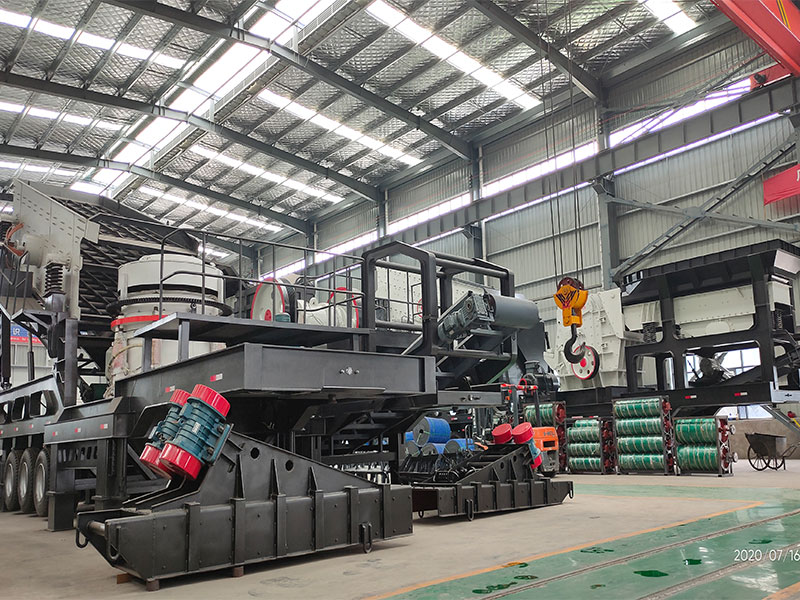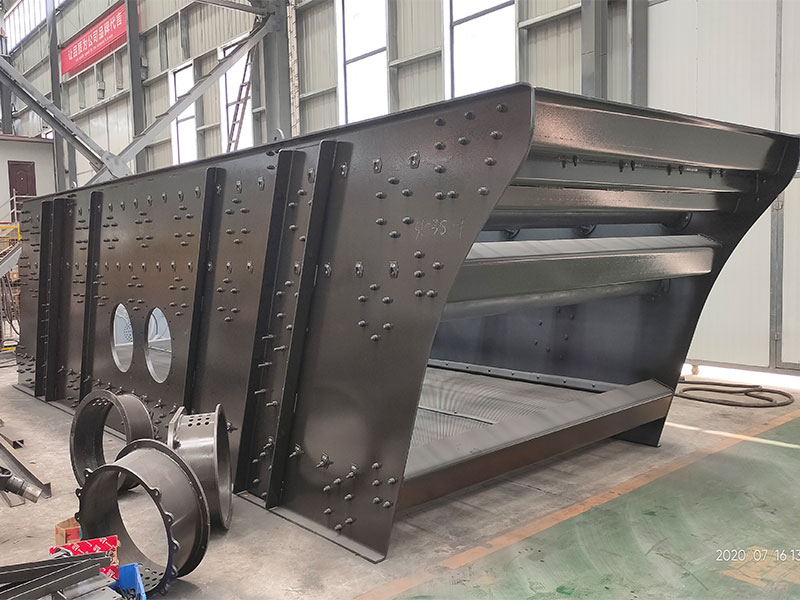Investing in a crusher plant is a significant decision for companies operating in industries such as mining, construction, and recycling. To ensure a sound financial investment, it is crucial to conduct a thorough cost analysis and assess the return on investment (ROI).
Initial Capital Expenditure
The initial capital expenditure of a crusher plant for sale philippines includes the purchase cost of the equipment, installation expenses, site preparation, and infrastructure development. It is essential to evaluate the quality, capacity, and reliability of the machinery and consider the long-term requirements of the operation. Comparing quotes from multiple suppliers and considering factors such as warranties, service agreements, and delivery timelines can help make an informed decision while minimizing costs.

Operational Costs
Operational costs are ongoing expenses incurred during the regular operation of a crusher plant. These costs include fuel or electricity consumption, labor wages, raw material procurement, and any consumables or spare parts required. It is crucial to estimate these costs accurately to understand the financial implications of running the plant.
Efficient plant design, equipment selection, and process optimization can help reduce operational costs. For example, selecting energy-efficient mobile cone crusher for sale and implementing automation and control systems can lead to significant savings in fuel or electricity consumption. Additionally, optimizing the crusher plant’s layout and workflow can minimize labor requirements and improve productivity.

Maintenance Expenses
Maintenance expenses are an integral part of operating a mini stone crusher plant. Regular maintenance activities, including inspections, lubrication, component replacements, and repairs, are necessary to ensure optimal performance and prevent breakdowns. Proper maintenance helps extend the lifespan of equipment, reduce unplanned downtime, and mitigate costly repairs.
It is important to consider the maintenance costs associated with the crusher plant’s specific components and their expected lifespan. Understanding manufacturer recommendations for maintenance intervals and adhering to them can prevent premature equipment failures and reduce maintenance expenses in the long run.
Calculating Return on Investment
Return on Investment (ROI) is a key metric for assessing the profitability of a crusher plant investment. ROI compares the gains or benefits derived from the investment with the associated costs. To calculate ROI, the net profit generated by the plant over a specific period should be divided by the total investment cost. The net profit can include factors such as increased production, reduced operational costs, and savings from avoided breakdowns or repairs.
It is important to consider the timeframe for ROI calculation and factor in depreciation of the equipment. Additionally, conducting sensitivity analysis by assessing different scenarios and variables can help understand the potential risks and rewards associated with the investment.
Optimizing ROI
Several strategies can be employed to optimize the ROI of a crusher plant investment. These include:
a. Maximizing production output: Increasing the primary jaw crusher for sale‘s productivity by optimizing processes, minimizing downtime, and improving efficiency can positively impact ROI.
b. Controlling operational costs: Regularly reviewing and optimizing operational expenses, such as fuel consumption, labor costs, and raw material procurement, can improve profitability.
c. Implementing preventive maintenance: A proactive maintenance approach helps prevent costly breakdowns, reduces unplanned downtime, and lowers maintenance expenses, leading to improved ROI.
d. Upgrading equipment: Assessing the need for equipment upgrades or technological advancements can enhance productivity, efficiency, and overall performance, contributing to a higher ROI.
e. Market and demand analysis: Conducting market research and understanding the demand for the product or service produced by the crusher plant can help make informed investment decisions and maximize returns.

